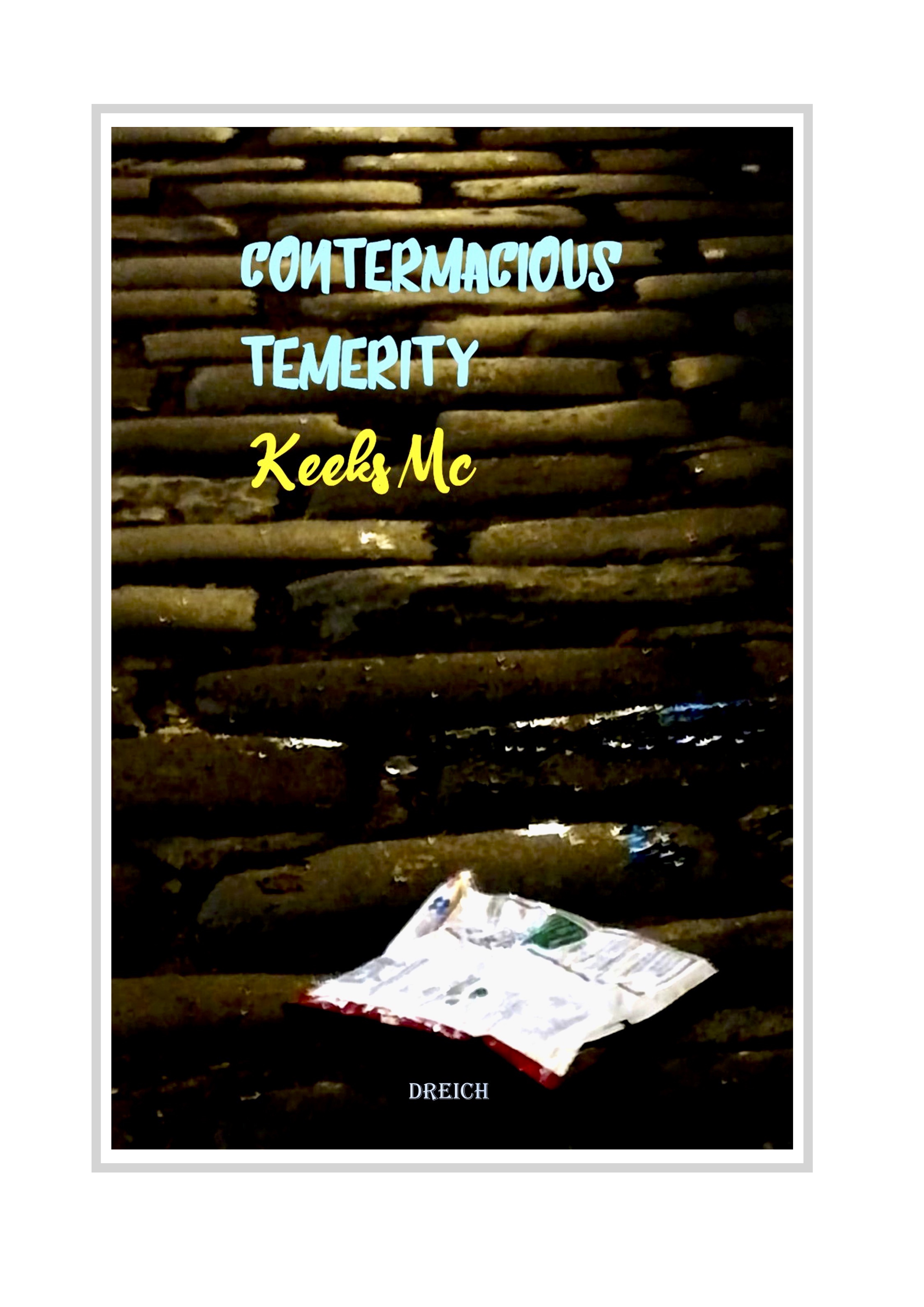LINDSEY SHIELDS WATERS moved between Scotland and England as a child and has lived in Washington DC, Bavaria and Leiden. She has worked as a solicitor for over 20 years and lives in Glasgow with her family. In 2016 she completed an MLitt in Creative Writing at the University of Glasgow (with distinction) and was a Clydebuilt 10 mentee for 2016/17. Her poems are published in Lighthouse Literary Journal (Issues 12 and 14), Paisley Poems (Issue 1), Magma Poetry (Issue 69), RAUM Poetry (Issue 4) and forthcoming in Lighthouse Literary Journal (Issue 17) and the W.S. Graham centenary anthology: The Caught Habits of Language.
FRANK MCHUGH writes poetry in both Scots and English. He also writes songs and plays. His poetry has been published in Acumen Poetry, New Writing Scotland and The Runt. One of his poems was awarded ‘Highly Commended’ at the Imprint Writing awards 2016. His interest in poetry was ignited and fuelled by Philip Hobsbaum’s encouragement at the University of Glasgow to whom, like so many others, he owes a debt of gratitude. For a couple of decades, he read and stashed everything he wrote in a wicker box. Two years ago in a Gump-like moment, he felt inexplicably compelled to start writing in earnest and has just kept going. He is a teacher out of necessity, a poet out of compulsion and plays drums for fun. He lives on the beautiful Ayrshire Coast.
Selche Mothyre
efter the Orkynnay folketayle
Kest mi mynd bak dochter
o myne ti a swym alang the
shoar − ȝoung, sparkie an fre.
Throw mi hed vp hich
fra the wattir. Wach folke
on the saynd wi familyar eyn.
Caw oute an valk aschoir
ti dans wi mi kyn. Ȝer
faither’s no compleitlie ewill
bot quhan he hyd mi skyn:
mi mynd ourturnyt an wrythyd
− mi hairt schrenk smale.
Nocht twelfe ȝeiris ald nou
wi a smyle that schynes ti
the qwik o me. Ȝe fownd
mi hyde an gawe it bak.
Tisshew reformyt insycht
− mellit ti skyn. I wyll luk
for ȝer flamyng hair alychtin
rockys eche mid sommer nycht.
Ane daye I houp ti tell the hale
tayle. That chynge can inlychtin
bot onyly quhan ȝe can chynge bak.
Ryn ryn. Schift schift. Cach mi
saull as I slyp vnder brekyng
wawys − agayne an agayne.
the yland in Septembre
ȝallow se-cabbage bla o scabiose
quhyte o ȝarrow peinke o ȝarrow
the ey o benweed sowne o the harebell
clowde o medowsweit willowhairb sede froath
sault in the badderlock badderlock in saynd
rowst o dokane seired burrdok
fruyt o the brammle splash ȝallow o lichen
snaikweid allon
longe dryft o camomylde tormentill ȝallow
reid o hathorne reid o rountrie
snaikweid allon bittirsweit
violat o selff-heyl bla o scabiose
translatyowne o Gerry Loose’s ‘the island in September’ yn to Older Scots
Lindsey Shields Waters
ur
A polar, inorganic compound, colourless with a hint of blue.
But what if I told you it defies gravity
is a byproduct of star formation
was regarded by the ancients as the ylem,
basic substance and fabric of the universe?
Is at the wet root of the razing of Syria,
could extinguish the burning beds
of Aleppo’s annihilated children
and their eviscerated sieve of a city?
Says, taste the Barada, the twin rivers
Tigris and Euphrates, near barren
fallopians of ectopic Phoenicia
which taste like the loveblind tears of the Magdalen.
polar, inorganic, colourless
but with more than a hint of
the worried notes of the delta blues
the low swinging swamp blues, the rising highwater blues.
No water. No blues.
That hint of blue lubricated the suited and booted
in juke joints, muddied the waters
when it
swirled apologetically in the cleansing bowl of Pilate,
when it
slopped too full too full in the bowl the pissed off duty guard
pushed like an invitation through Mandela’s twelve bars.
Still does
when mixed into the reddening bricks of churches,
the transparent bricks of prisons.
Frank McHugh
All works published by the Glasgow Review of Books are licensed under a Creative Commons Attribution-NonCommerical-NoDerivs 3.0 Unported License and the journal reserves the right to be named as place of first publication in any citation. Copyright remains with the poet. http://www.glasgowreviewofbooks.com




Leave a Reply